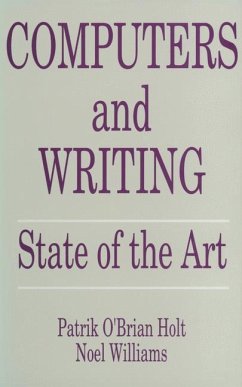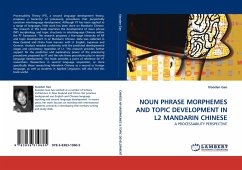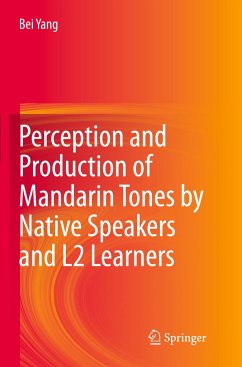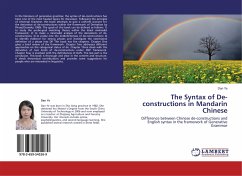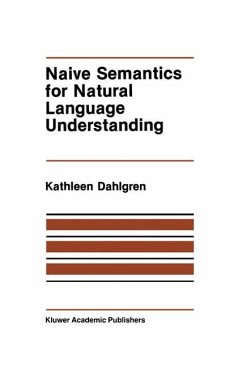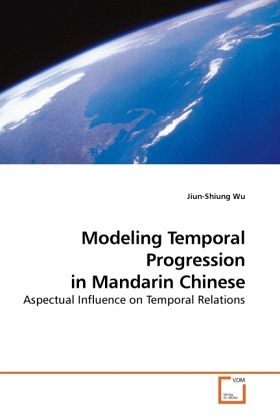
Modeling Temporal Progression in Mandarin Chinese
Aspectual Influence on Temporal Relations
Versandkostenfrei!
Versandfertig in 6-10 Tagen
52,99 €
inkl. MwSt.

PAYBACK Punkte
26 °P sammeln!
This book discusses how to determine temporal relations between sentences with aspect markers in a discourse in Mandarin Chinese. The author examines the four aspect markers in Mandarin Chinese: the progressive zai, the durative zhe, the perfective le and the experiential guo. Following Segmented Discourse Representation Theory, which proposes that temporal relations are determined by rhetorical relations, the author argues that, based on its aspectual semantics, an aspect marker indirectly influences temporal relations in two ways: First, it specifies a defeasible rhetorical relation, which i...
This book discusses how to determine temporal relations between sentences with aspect markers in a discourse in Mandarin Chinese. The author examines the four aspect markers in Mandarin Chinese: the progressive zai, the durative zhe, the perfective le and the experiential guo. Following Segmented Discourse Representation Theory, which proposes that temporal relations are determined by rhetorical relations, the author argues that, based on its aspectual semantics, an aspect marker indirectly influences temporal relations in two ways: First, it specifies a defeasible rhetorical relation, which in turn determines a temporal relation; second, it sets up a temporal constraint to be obeyed by the temporal relations specifid by the rhetorical relations which connect the sentences together.





